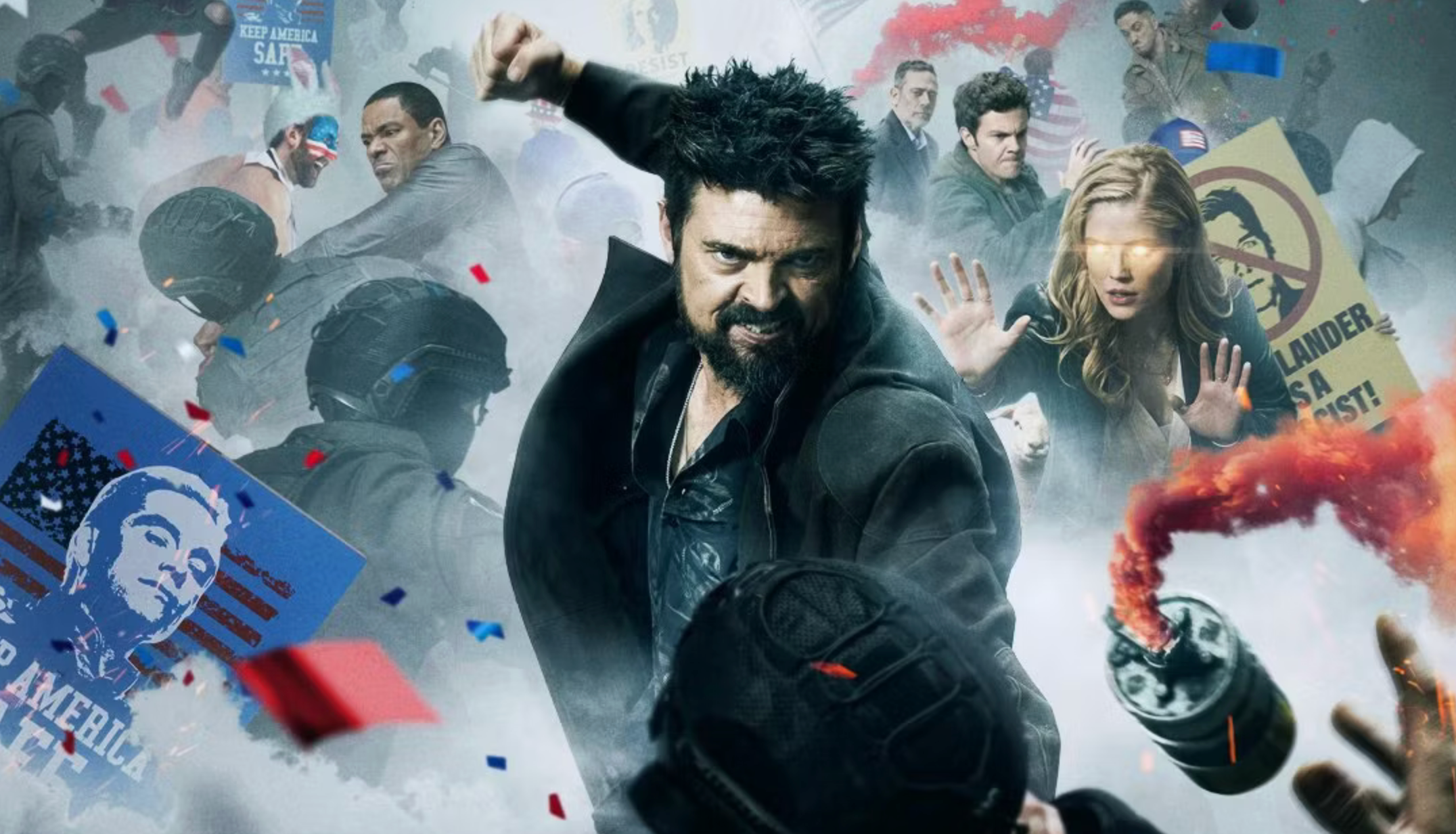Can Microsoft complete the planned billion-dollar deal to buy Activision Blizzard or not? It’s all up to the authorities now, but now there are problems not just in Britain but obviously in the United States as well.
Microsoft wants to spend almost 70 billion dollars buying Activision Blizzard, but while everything has been clear between the two companies for a long time, the competition watchdogs around the world see more or less pronounced problems. While Saudi Arabia and Brazil have already approved the deal, concerns have recently been reported in the UK. And: Now the important US authority, the Federal Trade Commission aka FTC, is also added.
According to a new report by Politico the FTC will “likely” block the proposed deal due to antitrust concerns. It relies on three anonymous sources that are said to be familiar with the facts.
In the past, FTC Chairwoman Lina Khan had spoken out against potential tech monopolies. The staff within the authority entrusted with Microsoft’s takeover of Activision is said to be “skeptical” about the arguments of the technology giant. However, a final decision has not yet been made.
Only yesterday, the UK authority CMA published somewhat surprising official statements from Microsoft and its competitor Sony. Microsoft’s document is a whopping 111 pages long and unearthed some rather unusual arguments. Microsoft suddenly announced that Sony’s exclusive games were simply “better quality”, which is why the Activision deal would not have a negative impact on competitiveness.
Sony, on the other hand, referred to the already existing superiority of Xbox Game Pass over PlayStation Plus. In addition, the inferiority of a potential release of the PlayStation 6 was already brought into play, should the big Call of Duty brand be reserved exclusively for the Xbox until then. According to a recent report, Microsoft wanted to ensure a release of Call of Duty on the PlayStation for at least ten more years.
In short: the whole deal is far from over – and it remains to be seen whether it will find the necessary majorities among the antitrust authorities worldwide.
Felix and Pirmin were at the Microsoft booth at gamescom and looked at three games at the same time. Lies of P, Pentiment and A Plague Tale: Requiem.









